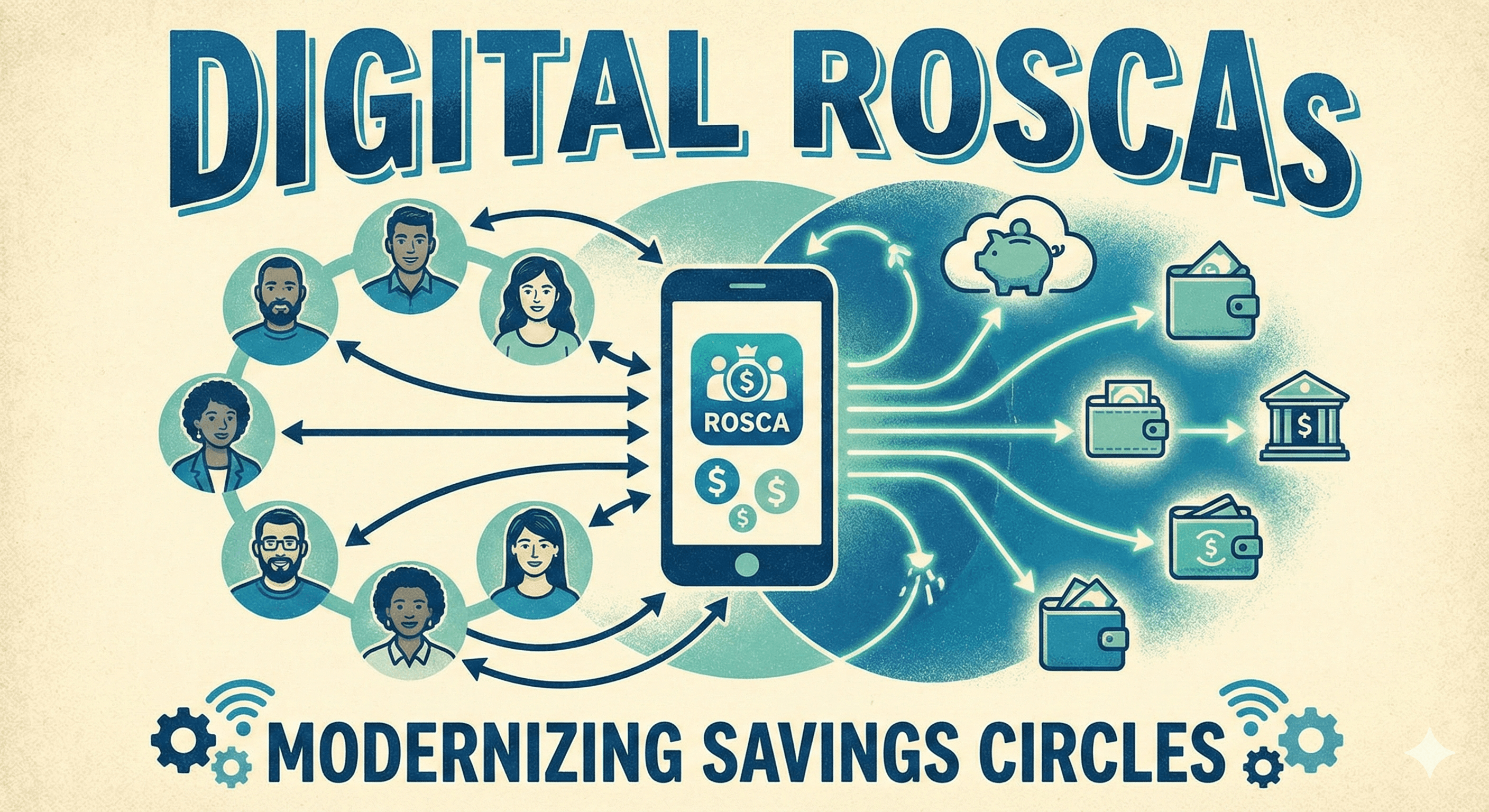Dhukuti: How Nepal's Traditional Savings Circles Build Community Wealth
Imagine a savings account that's powered not by a bank, but by your community. Where trust, relationships, and mutual support create a powerful engine for achieving financial goals. This is Dhukuti, Nepal's centuries-old rotating savings tradition that continues to help thousands of people access capital and build wealth together.
🎯 What is Dhukuti? Understanding Nepal's Community Savings Circles
At its heart, Dhukuti (also spelled "Dhikuti") is a rotating savings and credit association (ROSCA) where community members pool their money regularly and take turns receiving the collected sum.
👥 The Group
💰 The Pool
🔄 The Rotation
💪 The Power of Community Finance: Benefits of Dhukuti
Financial Benefits
- ✅ Access to larger sums without banks
- ✅ Zero interest payments or fees
- ✅ Built-in savings discipline
- ✅ Predictable payment schedule
Social Benefits
- 🤝 Deepened community relationships
- 🤝 Expanded business networks
- 🤝 Shared advice and support
- 🤝 Crisis support system
Think about a time when a friend or family member helped you achieve a goal you couldn't reach alone. How might this principle apply to your financial journey?
Modern Applications: Learning from Dhukuti's Principles
While traditional Dhukuti operates in Nepal's cultural context, its principles offer valuable lessons for modern financial management. The power of collective commitment, for instance, can be adapted to contemporary life through accountability partnerships or investment clubs. When others are counting on you, financial discipline becomes a matter of community trust rather than just personal choice.
The regular rhythm of Dhukuti meetings teaches us about the importance of consistent financial review and planning. Setting aside time each month to assess your financial position, much like a Dhukuti gathering, can transform your relationship with money. These regular check-ins become rituals that strengthen your financial awareness and decision-making.
Risk Management: Lessons from Dhukuti's Traditional Safeguards
Centuries of practice have refined Dhukuti's approach to risk management. The system begins with careful member selection – only known community members are invited, and both financial capability and personal character are carefully considered. This thorough vetting process creates a foundation of trust that supports the entire structure.
🛡️ Key Risk Management Practices:
Adapting Dhukuti Principles for Modern Life
While you might not join a traditional Dhukuti, its principles can enhance your financial journey. Consider starting a modern savings circle with close friends, using digital payment apps and keeping detailed records. The key is maintaining the spirit of mutual support and accountability while adapting the mechanics to contemporary life.
📱 Modern Adaptations:
Looking Forward: The Future of Community Finance
As our world becomes increasingly digital and disconnected, Dhukuti reminds us of the power of community in achieving financial goals. The principles of collective saving, mutual support, and shared accountability remain powerful tools for building financial success, whether through traditional practices or modern adaptations.
Take a moment to reflect: How could you incorporate the spirit of Dhukuti into your financial life? Perhaps it's starting a savings circle with trusted friends, or simply opening up more conversations about money with people you trust. The path to financial success doesn't have to be walked alone – sometimes, the best progress comes when we move forward together.
Remember, while the traditional Dhukuti might be unique to Nepal, its core message is universal: our financial journeys are strengthened when we support each other along the way.
Related Reading
Explore more articles that complement this topic:
- What is a ROSCA? — Get the broader picture of Rotating Savings and Credit Associations worldwide.
- The Digital Evolution of Community Savings — See how technology is bringing dhukuti traditions into the digital age.
- Smart Financial Habits for New Immigrants — Combine traditional savings wisdom with modern financial strategies.



